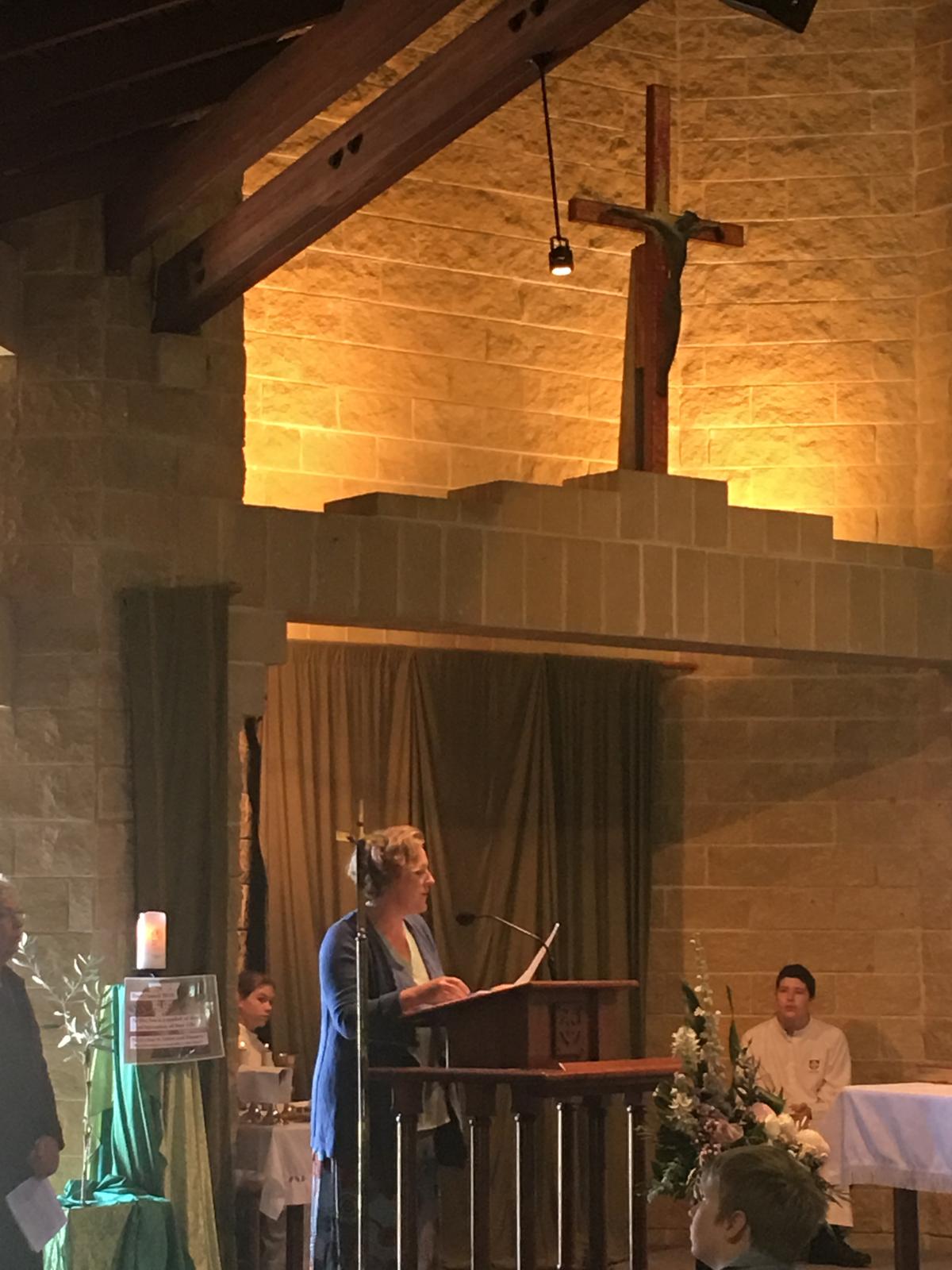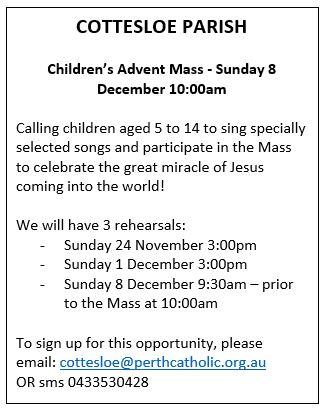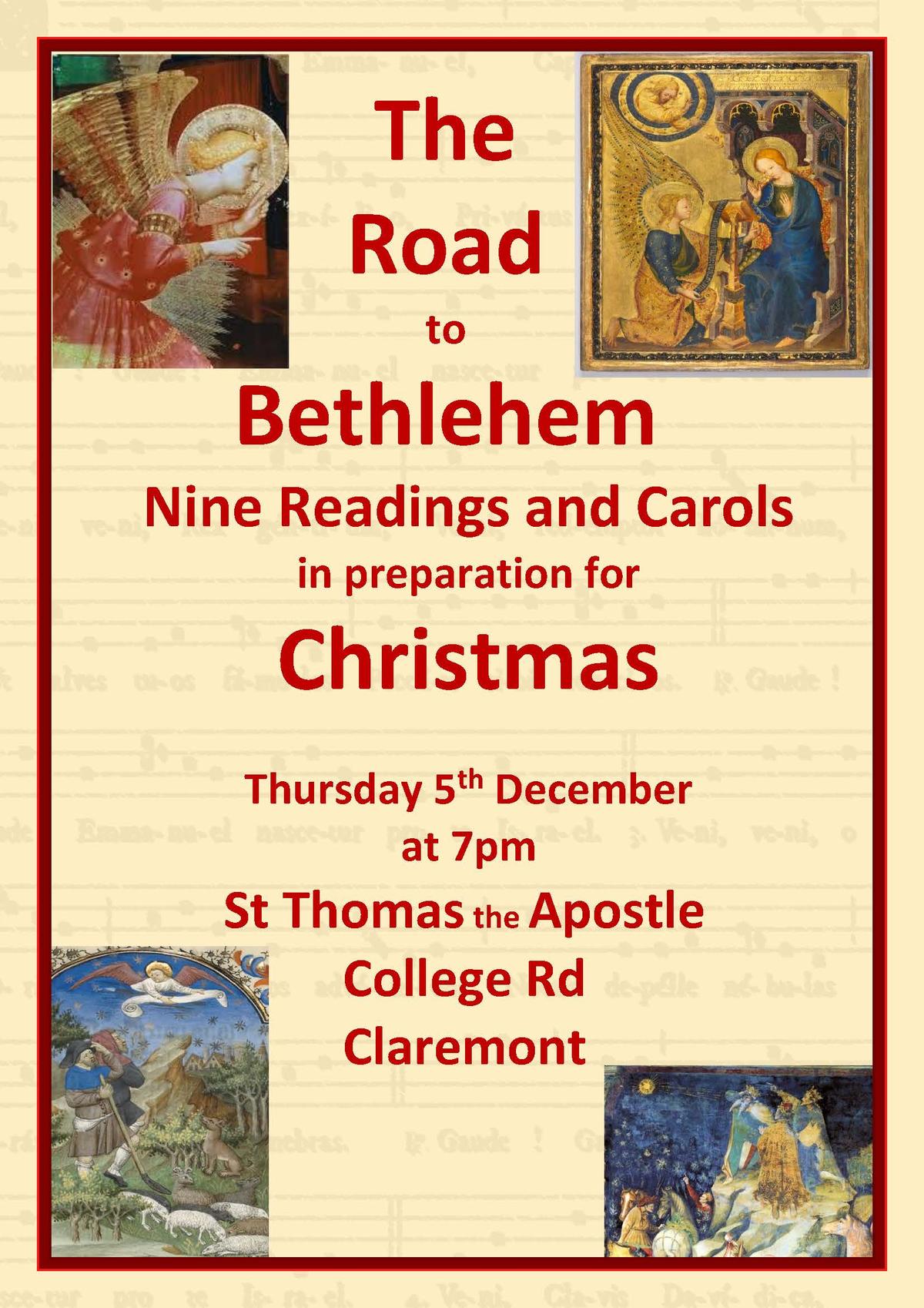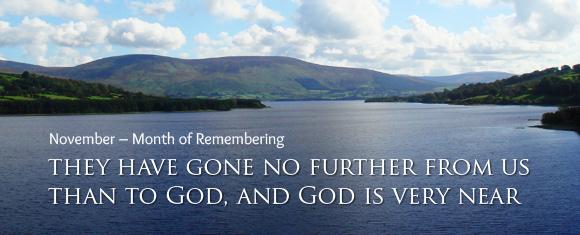Liturgy
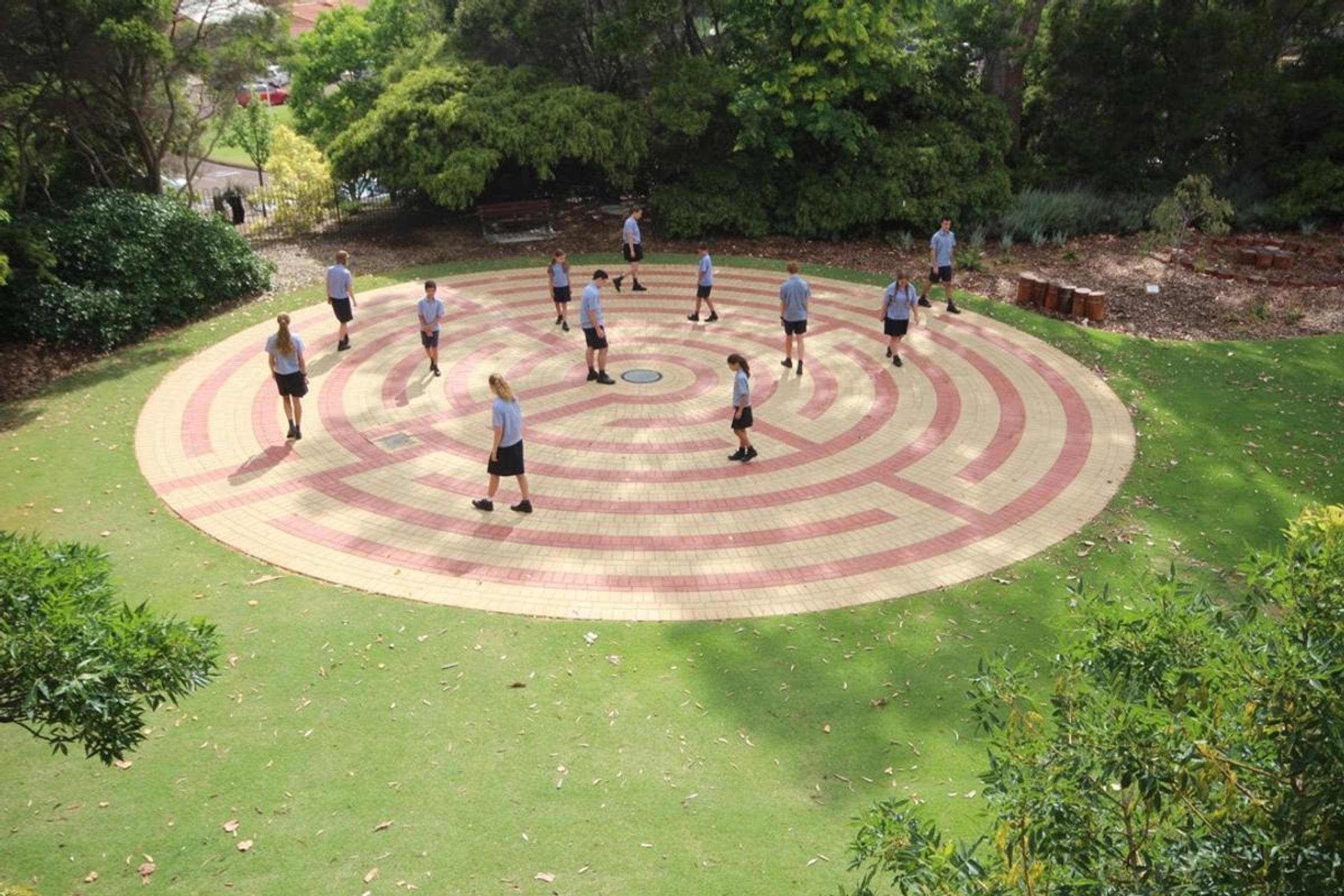
Community Liturgy
Thanks to the many past students, relatives of past students and friends of past students who gathered for this morning’s liturgy, where we especially remembered and prayed for College Alumni who have died.
Next Friday’s liturgy will be prepared by Year 7. Year 7 students and their families are warmly encourage to attend – as are all students, families and friends in our College community.
Community Liturgy summary
- Where: College Chapel
- Time: 8:00am – 8:30am
- When: every Friday in term time
Parish Connections
Preparations for the seasons of Advent and Christmas have begun in most parishes. This year the four-week church season of Advent actually begins on 1 December.
Some of our local parishes warmly invite families to enter into this season with some special celebrations. Please refer to details below.
GOOD NEWS in the month of November
The Feast of All Souls is 2 November. The Church sets aside the month of November to especially remember and pray for our loved ones who have died.
This week’s reflection, for the Feast of all souls, is from Father Andrew Hamilton SJ. Father Andy is a Jesuit, a theologian, a writer and, among his many other roles, the Media Officer for Jesuit Social Services.
All Souls Day is an intensely personal celebration. When we die, we die alone, and the day reminds us of our own mortality. It also calls to mind the members of our own families and our friends who have died. For many people it is a day for visiting the graves of people whom we love.
It is also an important day for reflecting on society. All Souls Day reminds us that each human being, no matter how insignificant or reviled, is precious in God’s sight - valued and loved so much that the Son of God died with and for them. As we remember the people on whose lives our own have rested we affirm their value. The respect we show to them encourages us to show equal respect to people still living. All Souls Day asserts that the value of human beings is not cancelled in their death, and that the value of the living cannot be measured by their wealth or success, but by their simple humanity.
This insight underlies all the institutions of a decent society – the treatment of prisoners in gaols, children in schools, the mentally and physically ill in hospitals, people who are unemployed in the welfare system and strangers in our immigration protocols. Living people can never be treated as a burden or a cost, just as the bodies of people who have died cannot decently be treated as rubbish or their memories ridiculed.
All Souls Day also reminds us that the network of relationships that form our world are not simply those that link us to the living and the present. Our world and our lives depend also on our ancestors, on the wisdom that they gathered and that we have preserved, and on our respect for their wisdom in our own institutions and communities. The past lives on our world.
The attention and the importance that we give to the dead colour the way we see our work and our responsibilities in our present. Respect for people who have gone before us encourages us to see our world as a gift that is entrusted to us to nurture, and not something simply to be used, exploited and altered as we please. The memory of the dead leads us to gratitude for the way in which they have shaped our lives and possibilities. It also encourages gratitude for the world in which we are part. This gives depth and ballast to the way in which we live.
If All Souls Day speaks of the present as well as the past, it also points us to the future. When we are grateful for what we have inherited from the dead ancestors we also begin to wonder about our children and what kind of a world and what kind of attitudes we shall entrust to them. As we meditate on the death and gift of those who have gone before us we naturally focus on what matters most deeply. It gives breadth and depth to the way in which we see our world.
When we consider our world through the lens of death, gift, gratitude and respect, we naturally turn to our relationship with the natural world. It is in the way we relate to our environment and the priorities we establish there that the world we leave to our descendants will be shaped. On All Souls Day we are strengthened to consider matters of life and death, including the possible death of human life as we have known it if we do not care for it.
Finally, All Souls Day is ultimately about celebrating life. We know this at Jesuit Social Services where we grieve so many vulnerable people who have died too young, but whose resilience and desire to live fully we have admired. Their death strengthens our commitment to encourage life in the people whom we serve.
© Andrew Hamilton SJ

